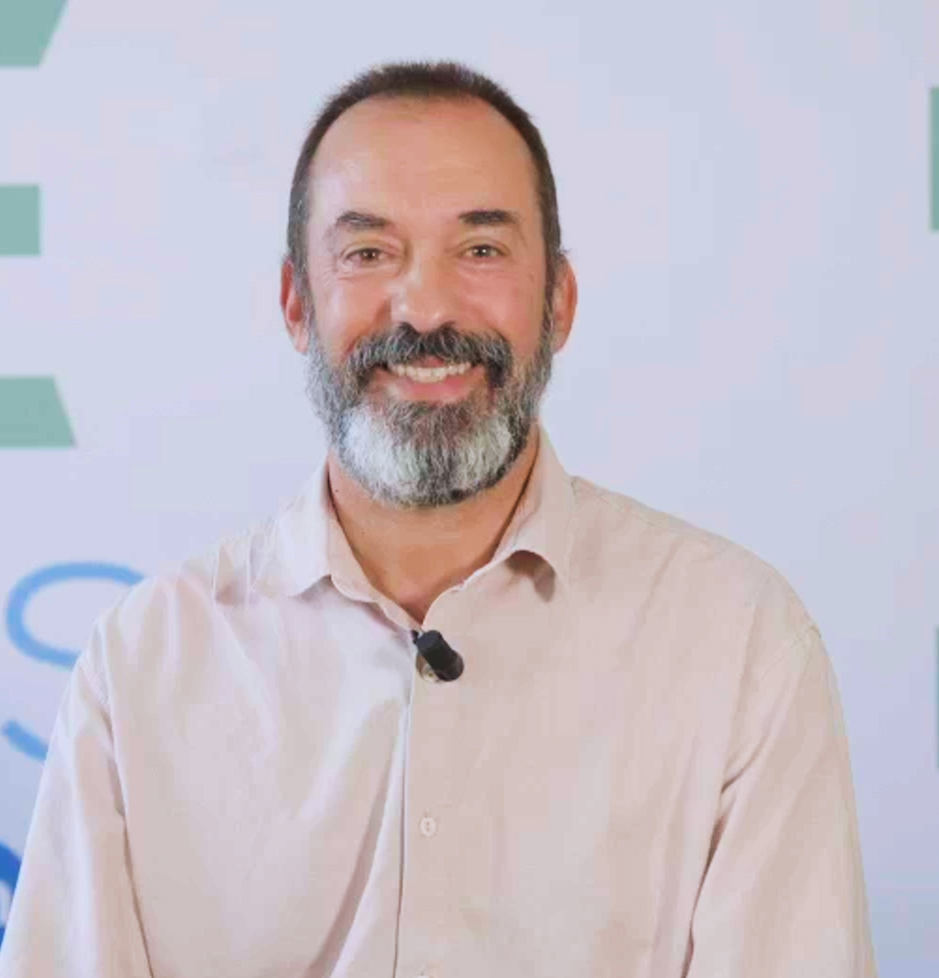The purpose of this paper is to explore how a number of processes joined to create the microlevel strategies and procedures that resulted in the most lethal and tragic forest fire in Portugal’s history. The paper shows how structure collapse led teams to use only local information prompting acts of improvisational myopia, in the particular shape of corrosive myopia, and how a form of incidental improvisation led to catastrophic results. The research offers insights into the dangers of improvisation arising from corrosive myopia, identifying ways to minimize them with the development of improvisation practices that allow for the creation of new patterns of action.

04:17
When time is of the essence and teams face unexpected contextual changes, they must adapt quickly, sometimes even in real time, that is, they may have to improvise. This paper adopts an inductive approach to explore how teams decide to engage in improvised adaptation, and what happens during those processes for improvisation to be successful. The study analyzes improvisation from the perspective of paradox
theory and identifies six paradoxical tensions driven by these contexts: deployment, development, temporal, procedural, structural, and behavioral tensions. We propose a dynamic equilibrium model of team improvised adaptation that leads to team plasticity.
ABRANTES Antonio - TBS Education |
- Research
- Innovation Management


